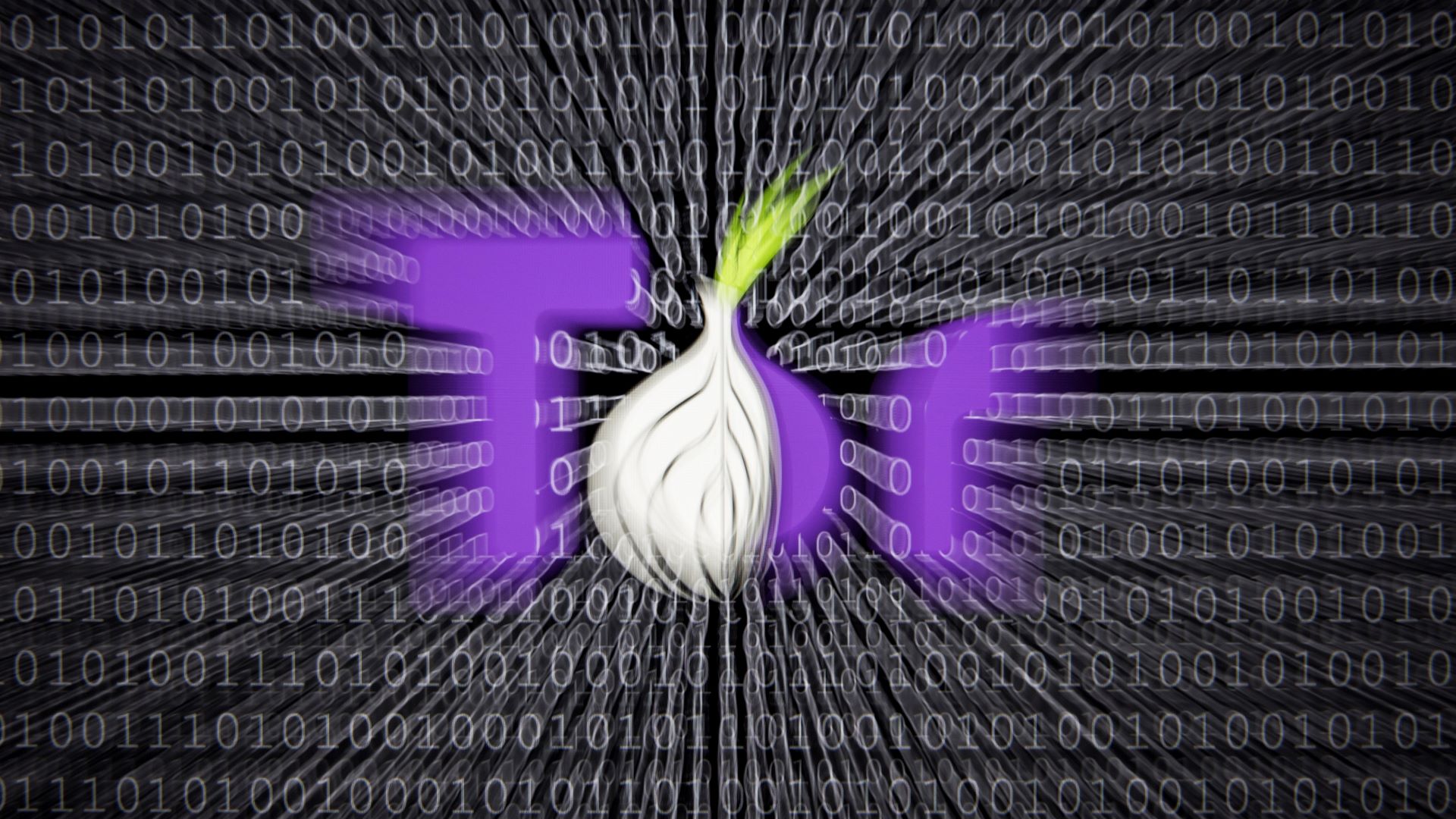Tor Project boosts Onion sites' defense against DoS attacks
All Onion services are encouraged to update to the latest version

Sign up for breaking news, reviews, opinion, top tech deals, and more.
You are now subscribed
Your newsletter sign-up was successful
The developers behind one of the most secure browsers around, the Tor Project, have just increased the security of its onion sites against cyberattacks.
Onion services are sites that can be accessed only by using the Tor browser. However, while seeking to maximize users' privacy online, their technical design has also made these more vulnerable to DoS (denial-of-service) attacks.
That's why the team added its latest version a new proof-of-work (PoW) defense to prioritize verified network traffic and deter attackers. Let's see how this works in practice.
Proof-of-Work defense for onion services
As the provider explains in a blog post, "Tor's PoW defense is a dynamic and reactive mechanism, remaining dormant under normal use conditions to ensure a seamless user experience, but when an onion service is under stress, the mechanism will prompt incoming client connections to perform a number of successively more complex operations. The onion service will then prioritize these connections based on the effort level demonstrated by the client."
The need for such an additional tool comes from the fact that when an IP address gets obfuscated, connections are more likely to be seen as illegitimate. This makes DoS attackers' duties, whose aim is making a machine or network inaccessible, even easier to accomplish.
This is why the Tor Project team devised a PoW mechanism involving a client puzzle to prevent DoS attacks from happening, without affecting user privacy. Simply put, it "blocks attackers while giving real users a chance to reach their destination."
This process acts as a ticket system which is turned off by default and gets triggered when it reveals some stress on the network. For attackers, who make a huge number of connection attempts to an onion service, this means a way greater computational effort. While users will barely notice such a process most of the time.
Sign up to the TechRadar Pro newsletter to get all the top news, opinion, features and guidance your business needs to succeed!
This past year, we worked hard to mitigate attacks on our network & enhancing our defense for onion services. 🛡️💪Today, we released a PoW defense designed to prioritize verified network traffic as a deterrent against DoS attacks. See how it works: https://t.co/svT8EVYhhHAugust 23, 2023
"PoW for onion services is invisible to the user and quite user-friendly due to its dynamic and reactive properties," Pavel Zoneff from the Tor Project explained to TechRadar. "This is why we would argue that Tor’s PoW defense is actually the anti-CAPTCHA because it is a privacy-preserving, user-friendly alternative."
The Tor team believes the tool will discourage bad actors by making large-scale attacks more expensive and impractical. That's mainly because the Tor PoW will give priority to traffic verified as legitimate. "It's expected that a whole class of DoS attacks against onion services will simply disappear," said Zoneff.
Even better, Tor promises that performance will benefit from the new tool as well, by reducing the negative impact of targeted attacks on network speeds. This should ensure more consistent and reliable access to onion services overall. All onion sites are then encouraged to upgrade to version 0.4.8. right away to be sure of delivering users the safest possible service.
Talking about further security upgrades, Zoneff told TechRadar: "We continue to focus on improving network health and speed and have rolled out Congestion Control and Conflux which aim at helping with network speeds. We continue to rewrite our core software in Rust, which will bring with it significant security improvements across the ecosystem, easier developer integration and faster feature iteration."


Chiara is a multimedia journalist committed to covering stories to help promote the rights and denounce the abuses of the digital side of life – wherever cybersecurity, markets, and politics tangle up. She believes an open, uncensored, and private internet is a basic human need and wants to use her knowledge of VPNs to help readers take back control. She writes news, interviews, and analysis on data privacy, online censorship, digital rights, tech policies, and security software, with a special focus on VPNs, for TechRadar and TechRadar Pro. Got a story, tip-off, or something tech-interesting to say? Reach out to chiara.castro@futurenet.com